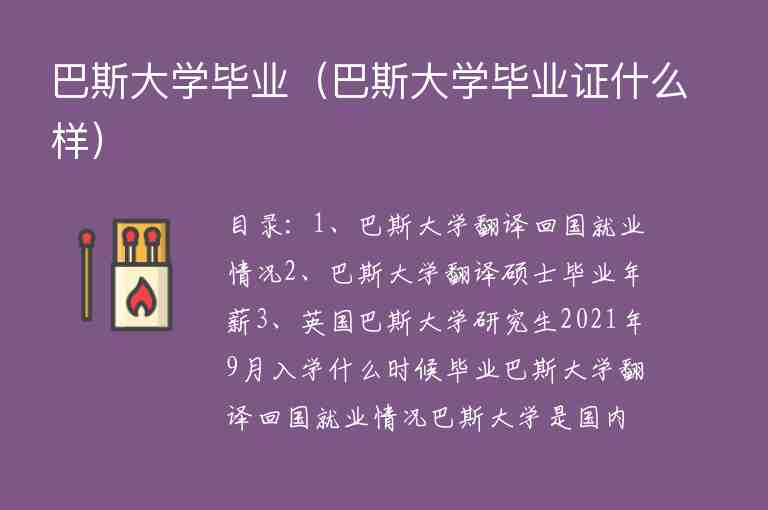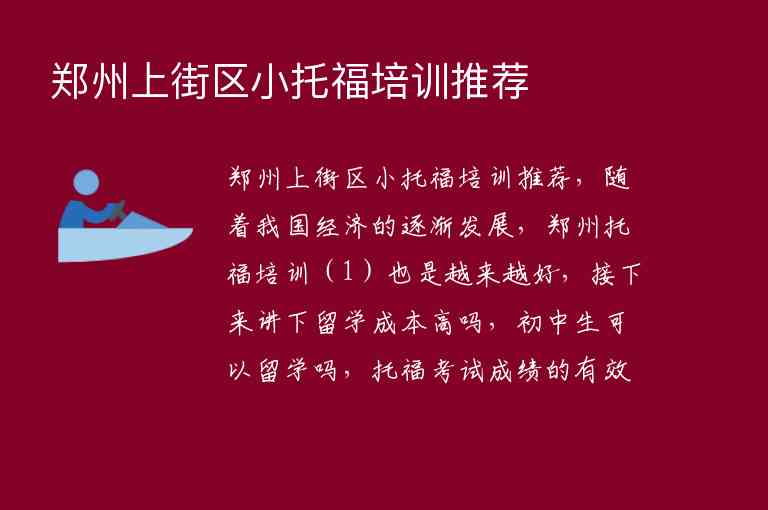embarrassment是一个名词,意思是尴尬、难堪的事情或局面。它可以用来形容一种不舒服的感觉,通常是由于自己的行为或外界的因素所引起的。在这篇文章中,我们将会对embarrassment这个词进行详细的解释和说明。
怎么读(音标)
embarrassment [ɪmˈbærəsmənt]
用法
embarrassment通常作为可数名词使用,表示某件具体的事情或局面。它也可以作为不可数名词,表示一种抽象的感觉或状态。:
- She felt a deep sense of embarrassment when she realized she had forgotten her lines on stage.(当她意识到自己在舞台上忘记了台词时,她感到非常尴尬。)
- He couldn't hide his embarrassment when he spilled coffee all over his shirt.(当他把咖啡洒在衬衫上时,他无法掩饰自己的尴尬。)
例句1-5句且中英对照
1. The politician's scandal caused a lot of embarrassment for his party.(那位家的丑闻给他所在政党带来了很多尴尬。)
2. My face turned red with embarrassment when I realized I had been talking to the wrong person the whole time.(当我意识到我一直在和错误的人说话时,我的脸都红了。)
3. She tried to laugh it off, but the embarrassment was written all over her face.(她试图把它当成笑话,但尴尬的表情已经写在了她的脸上。)
4. The little boy's loud burp caused a moment of embarrassment for his parents.(小男孩大声打嗝让他父母感到一阵尴尬。)
5. He couldn't help but feel a sense of embarrassment as he stumbled over his words during the presentation.(在演讲中他结巴了几次,无法不感到一丝尴尬。)
同义词及用法
1. Shame - 指因为违背道德、社会规范或个人标准而感到内疚、羞耻的情绪。
2. Humiliation - 指被羞辱、侮辱或蔑视而引起的严重尴尬。
3. Discomfort - 指由于身体不适或环境不舒适而引起的不愉快感觉。
4. Awkwardness - 指因为缺乏灵活性、笨拙或不知所措而引起的局促不安。
5. Chagrin - 指因为受挫、失望或愤怒而导致的懊恼和沮丧。
编辑总结
embarrassment是一个常用的词汇,它可以用来形容各种尴尬、难堪的情况。无论是因为自己的行为还是外界的因素,都可能让人感到尴尬。在使用这个词时,需要注意它的可数和不可数名词用法,并且可以和其他近义词进行区分。希望本文能帮助你更好地理解和运用这个词汇。



